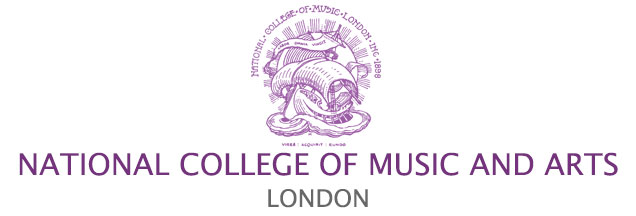Recognition
The National College of Music and Arts, London, was founded in 1894 and its examinations in music and speech subjects took place for a century before any form of official recognition existed.
When the Education Act 1988 received Royal Assent, the examinations of the NCM were listed as being approved by the Secretaries of State for Education, and for Wales, for use in state-maintained schools for children of compulsory school age during the school day. Two subsequent Acts of Parliament contained similar provisions.
Later legislation set up bodies such as the Qualifications and Curriculum Authority (QCA) in England, and similar bodies with authority to accredit Awarding Bodies in Wales and Northern Ireland.
After some years of negotiation with QCA, it became clear that their concerns were principally for publicly funded rather than independent organisations and that the NCM would be unlikely to attain accreditation unless it either changed beyond all recognition or amalgamated with other institutions, thus ceasing to exist in its own right.
It also became clear that the consultancy fees required to secure accreditation were prohibitively beyond the means of the NCM and the decision was made not to proceed with the submitted accreditation applications to the QCA.
Subsequent experience has proved that that decision was the correct one for the National College of Music, as it has enabled us to respond to the needs of teachers and candidates in flexible ways that would have been barred to us if we needed to seek approval of any changes.
The University Colleges and Admissions Service (UCAS) recognises examination achievement of publicly funded awarding bodies with a system of points. Like other smaller music examination boards, the National College of Music is entirely independent; it is not publicly funded and therefore does not attract UCAS points.
Admission to Higher Education is naturally competitive and no one should be under any illusion that there is an easy route to admission. Admission tutors are looking for relevant qualifications and experience in candidates. Therefore, UCAS points are not necessarily an advantage unless they have been gained in a directly relevant subject.
However, when completing a UCAS application form there is a whole blank page known as the Personal Statement. This is your opportunity to “sell yourself” and UCAS encourages applicants to say something about “relevant experience, which may include…practical activity in music or theatre”. We strongly recommend that your successes at NCM exams are included in this. If you are interviewed, you can speak about these experiences: not only the exam requirements, but what motivated you, the exam experience, and many other aspects.
Our advice to you is to enjoy and appreciate examinations in Music, Speech and Drama for what they are: a yardstick to measure progress; encouraging candidates to further achievement, and supporting teachers in the independent sector.
